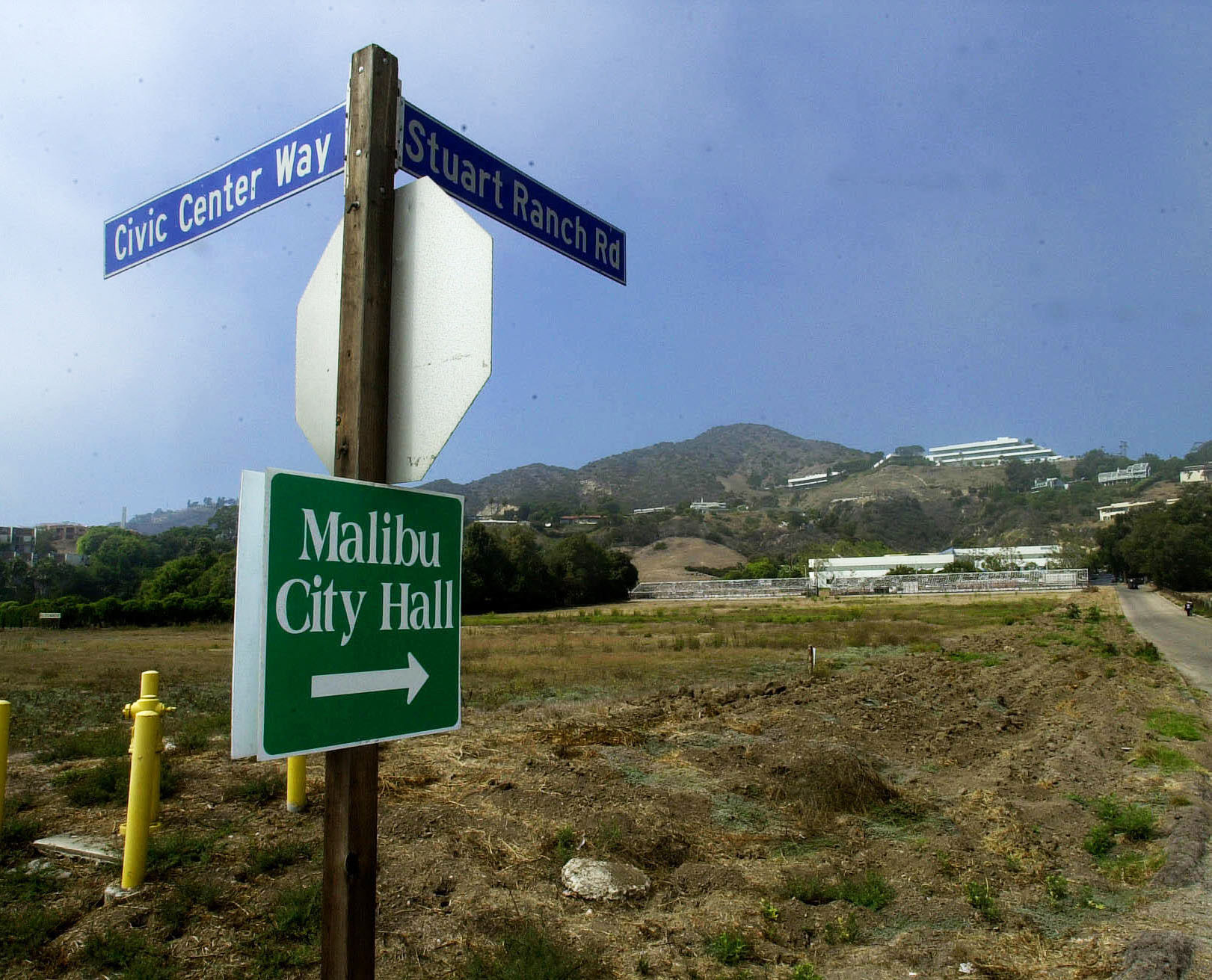By Sam Hall Kaplan
Like the residue of toxic ash from the Woolsey fire that is embedded in the soil of my Malibu, there are many aspects of that disaster that should haunt the singular seacoast village for the foreseeable future.
And if you witnessed the fire that destroyed some 800 homes, a fifth of the city and canyons beyond, it is certain that the thousands of persons directly affected will never forget, nor forgive, the failures of local government in the heat of the disaster, and their feigned excuses after.
Exactly what went wrong hopefully will be revealed in the promised post disaster reviews: the lack of preparedness,, the faulty mandatory evacuation , foundering communications, the haphazard dispatch of fire fighting crews and apparatus, and the deficient support for those who stayed to save their homes and that of neighbors.
So many persons failed us, prime among them City Manager Reva Feldman and then mayor Rick Mullen. And though they may never have the courage to admit it, if there is any karma the failures should shadow them for the rest of their questionable careers.
But from my philosophical perspective, my catbird seat on the point of Pt. Dume, the flagrant failures of government during and after the fire residents in Malibu are citing I feel reflect concerns on a far larger stage.
Indeed, they have political implications in communities almost everywhere, and are indicative here, regionally and nationally, of a breach of Jeffersonian democracy’s hallowed social contract between our public institutions and ordinary citizens, between those who govern, them, and the governed, us.
That concern was raised coincidentally a few weeks ago by Spanish sociologist Manuel Castells in a select salon in Los Angeles hosted by the upstart Berggruen Institute and reported in its weekly World Post published in partnership with the Washington Post.
Discussing his new book “Rupture: The Crisis of Liberal Democracy.” Castells is reported arguing that we are witnessing today across the West is not some normal turn of political cycles but a historic rupture of the institutional relationship.
And he sees no new relationship that might supplant the old ways of representation, only fragments of the former mainstream parties and upstart populists vying for power through “ the exhausted mechanism of electoral contests in which ever fewer believe.”
“Where are the new institutions worthy of our trust?” declared the famous scholar of the networked society, as reported in The World Post. Instead, the article adds, he sees citizens acting autonomously through the use of new technologies, such as you are no doubt plugged into.
“They’re making use of the capacity for self-communication, deliberation and co-decision-making that is now at our disposal thanks to the ‘Internet Galaxy,’ and putting the enormous wealth of information and knowledge into practices to help manage our problems.” He hopes, as I do in poorly governed Malibu, despite what local apologists say.
Castells doubts that we will ever get to the possibility of consensus because the institutional link between the governing and governed is terminally severed, and that “Only the vast emotional transmission grid of social networks remains as the relevant public space.”
And as we see in our bubble of Malibu, its print and broadcast media are fading, while sadly deferring to the status quo local government and the powers-that-be. Meanwhile, thankfully, we have the however compromised and indulgent social media; what you are reading now. And for that, I thank you.


Follow Us